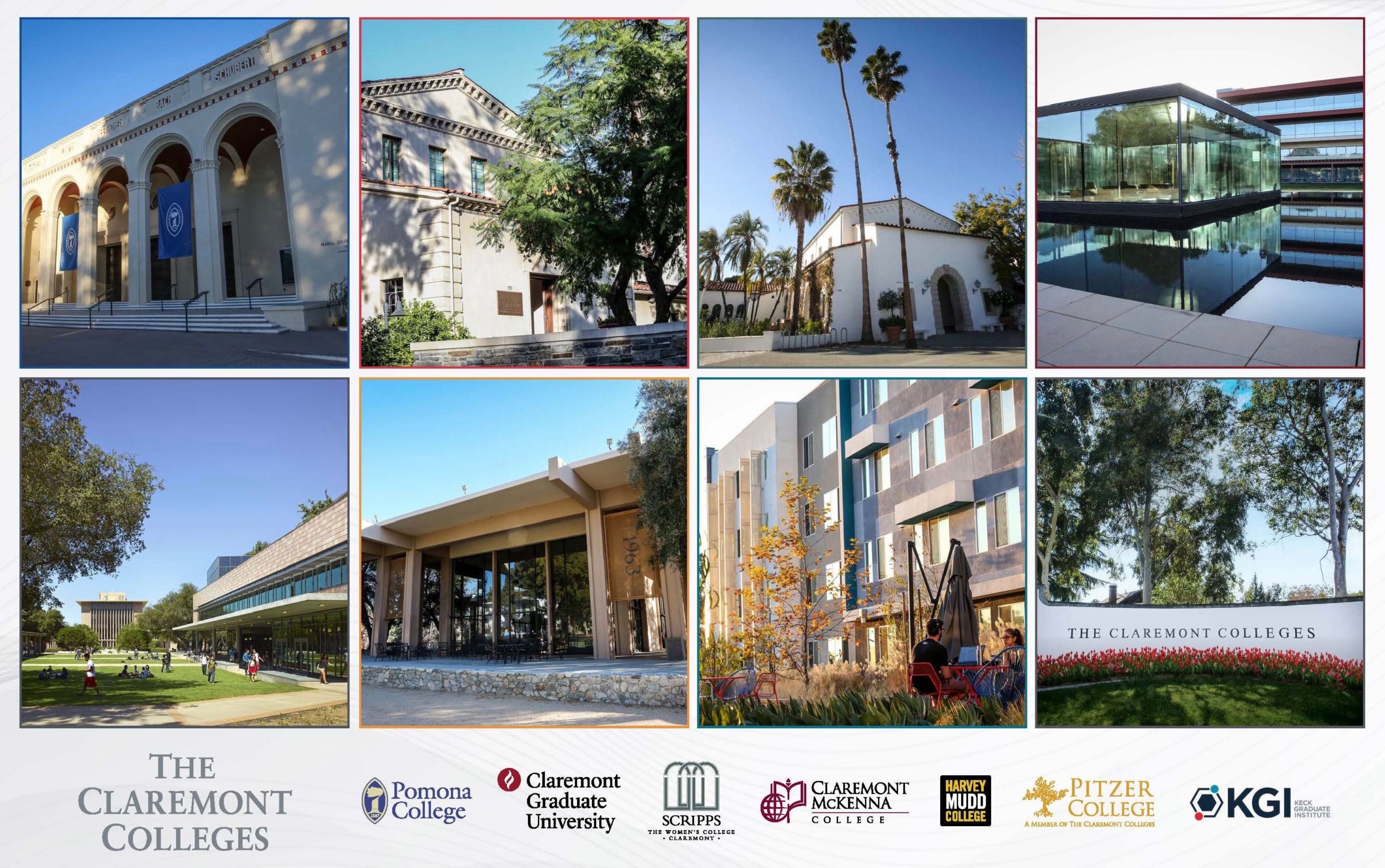Talk at Harvey Mudd Applied Math Seminar

On April 4th (Monday) at 4pm Pacific Time, I will give a talk at the Claremont Center for the Mathematical Sciences as part of the Applied Math Seminar. This will be a hybrid event. Join us in person (Shanahan 2407, Harvey Mudd College, Claremont, CA) or on Zoom! I thank Dr. Heather Zinn-Brooks for the invitation.
Title: A common pathway to cancer: oncogenic mutations abolish p53 oscillations
Abstract:
The tumor suppressor p53 oscillates in response to DNA double-strand breaks, a behavior that has been suggested to be essential to its anti-cancer function. Nearly all human cancers have genetic alterations in the p53 pathway; a number of these alterations have been shown to be oncogenic by experiment. These alterations include somatic mutations and copy number variations as well as germline polymorphisms. Intriguingly, they exhibit a mixed pattern of interactions in tumors, such as co-occurrence, mutual exclusivity, and paradoxically, mutual antagonism. Using a differential equation model of p53-Mdm2 dynamics, I employ Hopf bifurcation analysis to show that these alterations have a common mode of action, to abolish the oscillatory competence of p53, thereby impairing its tumor suppressive function. In this analysis, diverse genetic alterations, widely associated with human cancers clinically, have a unified mechanistic explanation of their role in oncogenesis. In this talk, I will also discuss the role of physiological oscillations in health and disease broadly.
Read more:
- Xiong, L., and Garfinkel, A. (2022). A common pathway to cancer: Oncogenic mutations abolish p53 oscillations. Progress in Biophysics and Molecular Biology. DOI: 10.1016/j.pbiomolbio.2022.06.002
- Xiong, L., and Garfinkel, A. (2023). Are physiological oscillations “physiological”? arXiv. DOI: 10.48550/arXiv.2301.08996